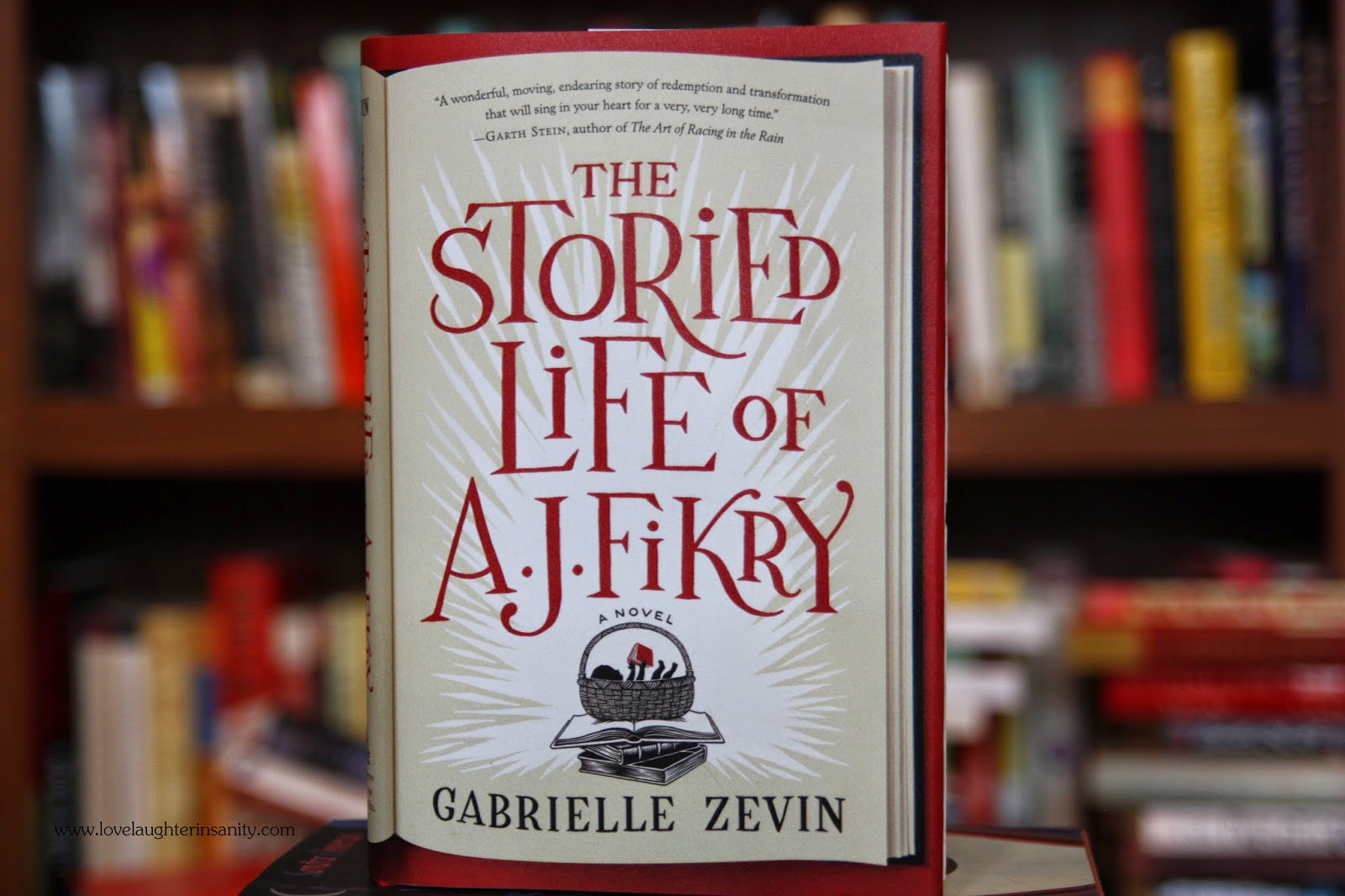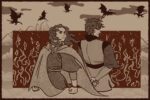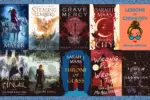Reader, be aware of yourself in this moment, standing, sitting or lying down and reading these words that I have written, and that I might eventually forget. They are your now, and they punctuate your place on this page, as well as whatever space you currently occupy.
This is the idea of metafiction, or a meta book: It brings the reader’s awareness not only to the book but to the fact that they are reading something that is making commentary about itself or the world at large. You are simultaneously in and yet removed from the story.
It’s the author’s nod to the fourth wall and the fourth wall nodding back. The books hope to teach you their inside jokes. And the best inside jokes a book can have are about itself, revealing its secrets to those who look for them. So here are five books about books, booksellers and everyone else caught in fiction’s snares as they try to tell you about themselves (with as few spoilers as possible, I promise).
1. “The Shadow of the Wind” (“Cemetery of Forgotten Books,” No. 1) by Carlos Ruiz Zafón and translated by Lucia Graves
‘The female heart is a labyrinth of subtleties, too challenging for the uncouth mind of the male racketeer. If you really want to possess a woman, you must think like her, and the first thing to do is to win over her soul.’ The Shadow of the Wind, Carlos Ruiz Zafón
— Al A. Kazam (aka Aaron Vowels) (@Guinness74) September 6, 2018
After the Spanish Civil War in Barcelona, Daniel Sempere’s father takes him to the Cemetery of Forgotten Books where long-forgotten titles live thanks to a few dedicated caretakers. The tradition allows for Daniel to take any book of his choosing and guard it for life, and he chooses “The Shadow of the Wind” by Julián Carax.
Daniel soon finds out that someone named Laín Coubert has been systematically destroying all of Carax’s books, sending Daniel and his friends into Carax’s tragic history where they meet some unsavory figures and a lot of danger.
I can’t speak too much to the meta book moments without giving away key plot points. What I can say is that Carax is emotionally tied to his work in “The Shadow of the Wind,” suggesting that Carax and his work are one whole piece. If his work is destroyed, then he shares the same fate. Is he still the same man without his work?
There is also the Cemetery of Forgotten Books and its representation in their world. What it means to Daniel, the caretaker and every author whose work exists only in that cemetery answers questions about what lives on past the human memory. Does the reader choose the book, or does the book choose the reader?
2. “The Storied Life of A.J. Fikry” by Gabrielle Zevin
HIGHLY RECOMMENDED. Bacalah, tweemans. The Storied Life of A.J. Fikry. #AJFikry pic.twitter.com/TWuL4ZDuZp
— Novel Metropop (@fiksimetropop) October 22, 2017
A.J. Fikry lives alone, his bookstore’s sales are at an all-time low, and someone just stole his prized possession of old Edgar Allen Poe poems. All is not well in Fikry’s world. When he gets a package one day, his life flips on its head. Remarkably, the old, slightly crotchety bookseller starts living. I’ll let you read the rest.
For what makes this a meta book, Fikry is stuck in a position that many bookworms will find familiar. He runs a bookstore, a place where literary dreams flourish, but for Fikry and others, that’s it. The whole of his existence comes from these books because there’s a discord between him and the outside world.
So he and his books are what he is, and the bookstore’s slow death puts him in a bit of a pickle because it’s his everything. “The Storied Life of A.J. Fikry” asks what happens when people are forced to actually live, and the answer is hopeful, if not joyous.
3. “The Book Thief” by Markus Zuzak
Currently reading The Book Thief and this is my general reaction to every sentence in it pic.twitter.com/CWVclCncnK
— Murad (@muradsaeedd) September 4, 2018
In 1939 Germany, Liesel Meminger is lost. With her brother dead and her mother’s abandonment, Liesel finds solace in a book called “The Grave Digger’s Handbook,” setting her off on an expedition to collect as many books as she can get her hands on, even if it means she has to take them.
When her foster parents hide a Jewish man in their basement, Liesel only clings further to her words as danger sets in around their town, praying that Death doesn’t appear on their doorsteps.
The meta book moments come with Liesel’s fascination with words and stories. They allow her to connect with other characters in the novel, especially those who are also ostracized like Liesel herself. Certain characters are drawn to very peculiar books, so keep an eye out for those. There’s also the matter of the narrator … but I’ll leave that as a surprise.
4. “The Thirteenth Tale” by Diane Setterfield
@DianeSetterfie1 hello i read thirteenth tale OBSESSIVELY in high school and the epilogue is my single favorite piece of writing to ever exist and i love u ok thanks for ur time
— eva (@deborahjanekerr) September 6, 2018
The ailing writer Vida Winter calls upon young biographer Margaret Lea to help her finally tell the strange story of Winter’s life that has, up until now, been unknown despite her insane literary fame.
While Winter tells her story and comes to terms with her history, Lea recognizes her own painful past and allows for this opportunity to help herself heal. Winter’s story enchants her and sends her through a harrowing tale that belongs in a time of Victorian gothicness.
This meta book is a frame narrative, or a story within a story. There is a strong connection between Winter’s life and the 12 stories that brought her immeasurable fame, and the 13th tale that she finally presents provides answers for both the reader and Lea.
5. “Clockwork Lives” (“Clockwork Angels,” No. 2) by Kevin J. Anderson and Neil Peart
"The best part of being human is that we can strive to create something better than ourselves." The Percussor's Tale, CLOCKWORK LIVES
— Kevin J Anderson (@TheKJA) June 16, 2017
To give some background, Neil Peart is the drummer and lyricist for the band Rush, and the books in this series revolve around the world that they create in one of their albums called “Clockwork Angels,” which also happens to be the name of the first book.
With that said, “Clockwork Lives” stands well on its own, so fear not if you haven’t read the first book. The story is about Marinda Peake, a quiet and rather unadventurous woman whose father is an alchemist, and their lives are unextraordinary. When he dies, he gives her no option but to leave her cozy life, armed with only a blank book to fill with the lives of other people as well as her own, once hers has something to show for it.
Peake’s understanding of how life should be lived is what makes this a meta book. The connections between storytelling and lives of those she encounters make her desire more from the world that she inhabits. Initially, she only gets a few paragraphs from the people in her town, hardly filling the book at all. That’s when Peake starts to realize that she wants the lives worth reading about.

















